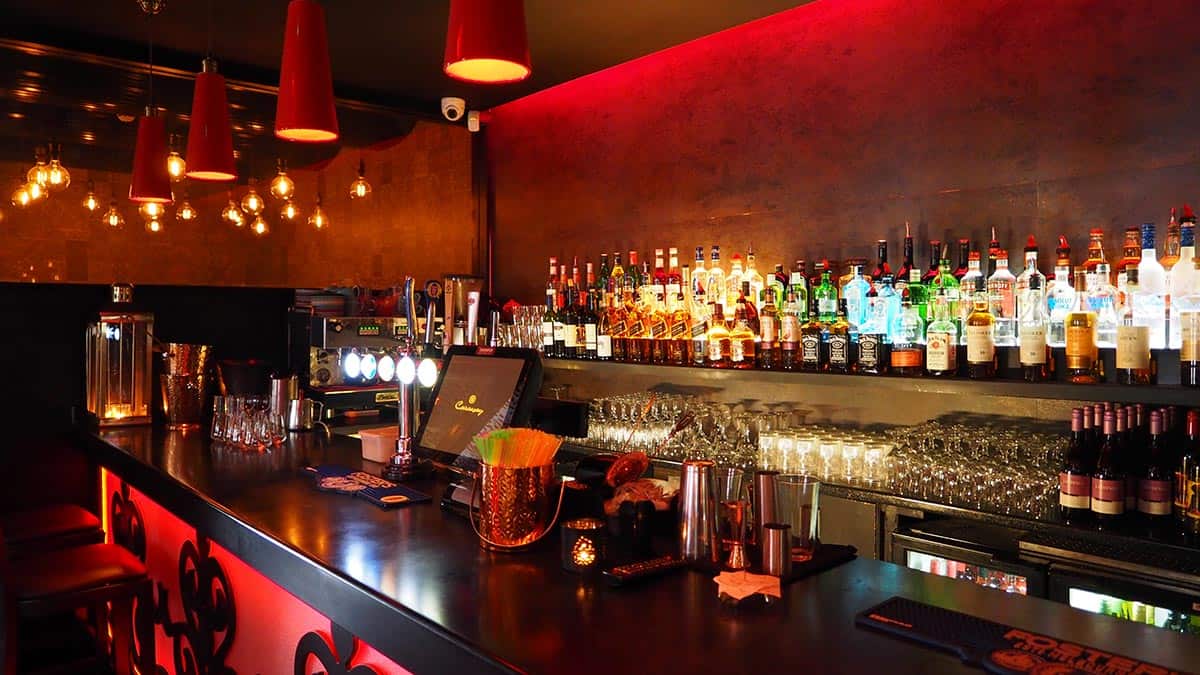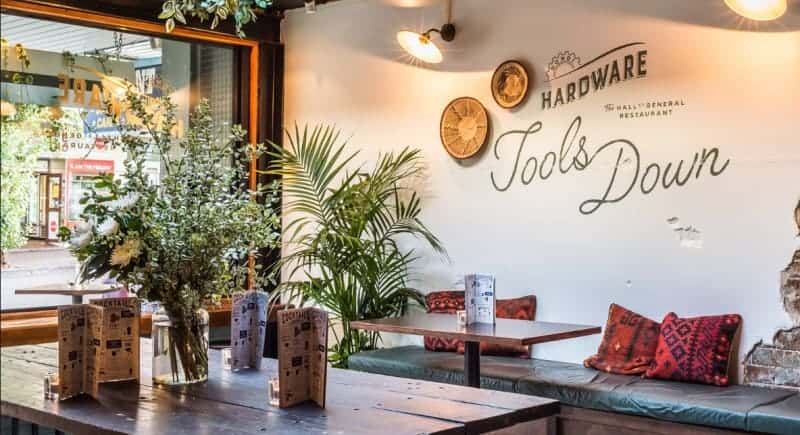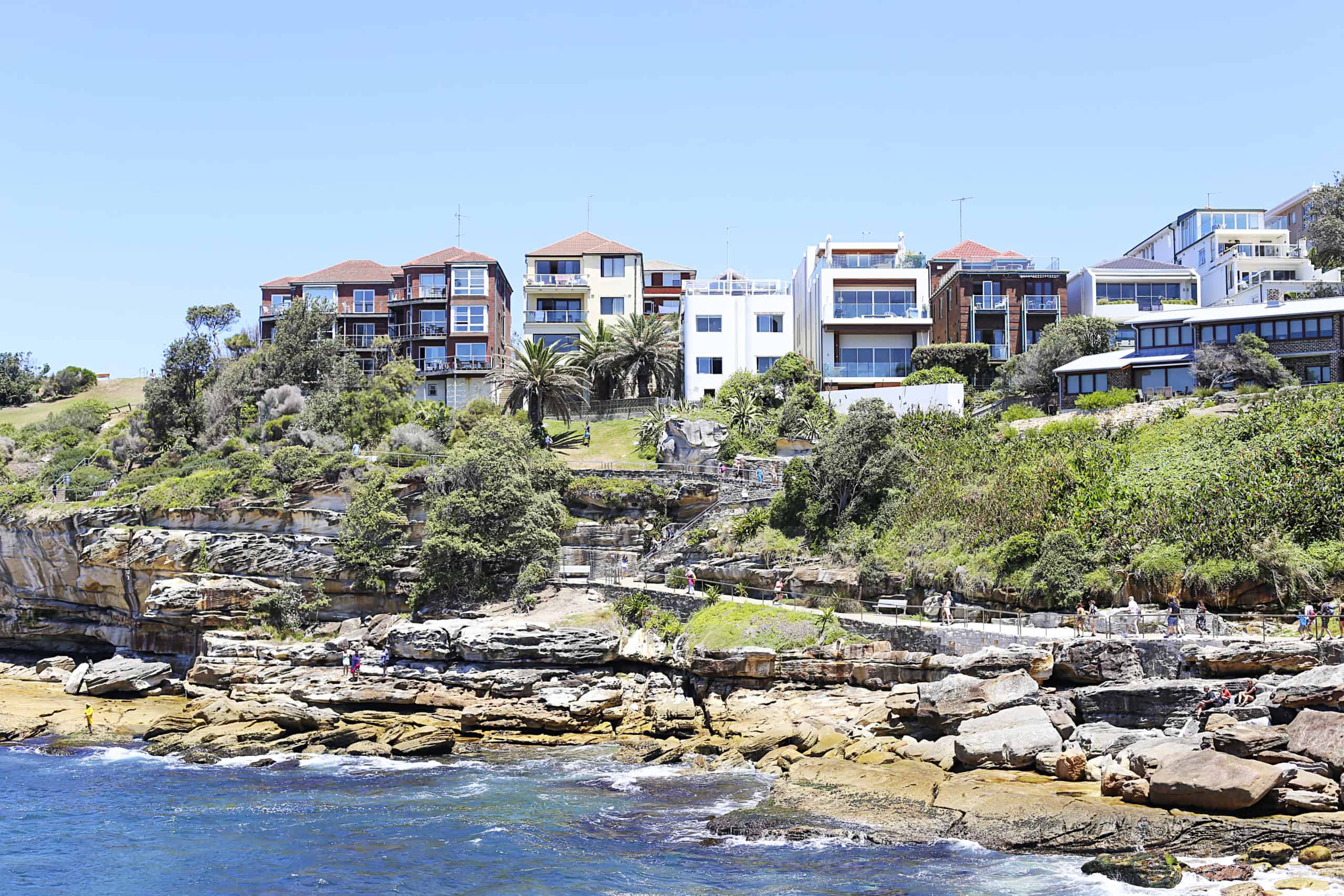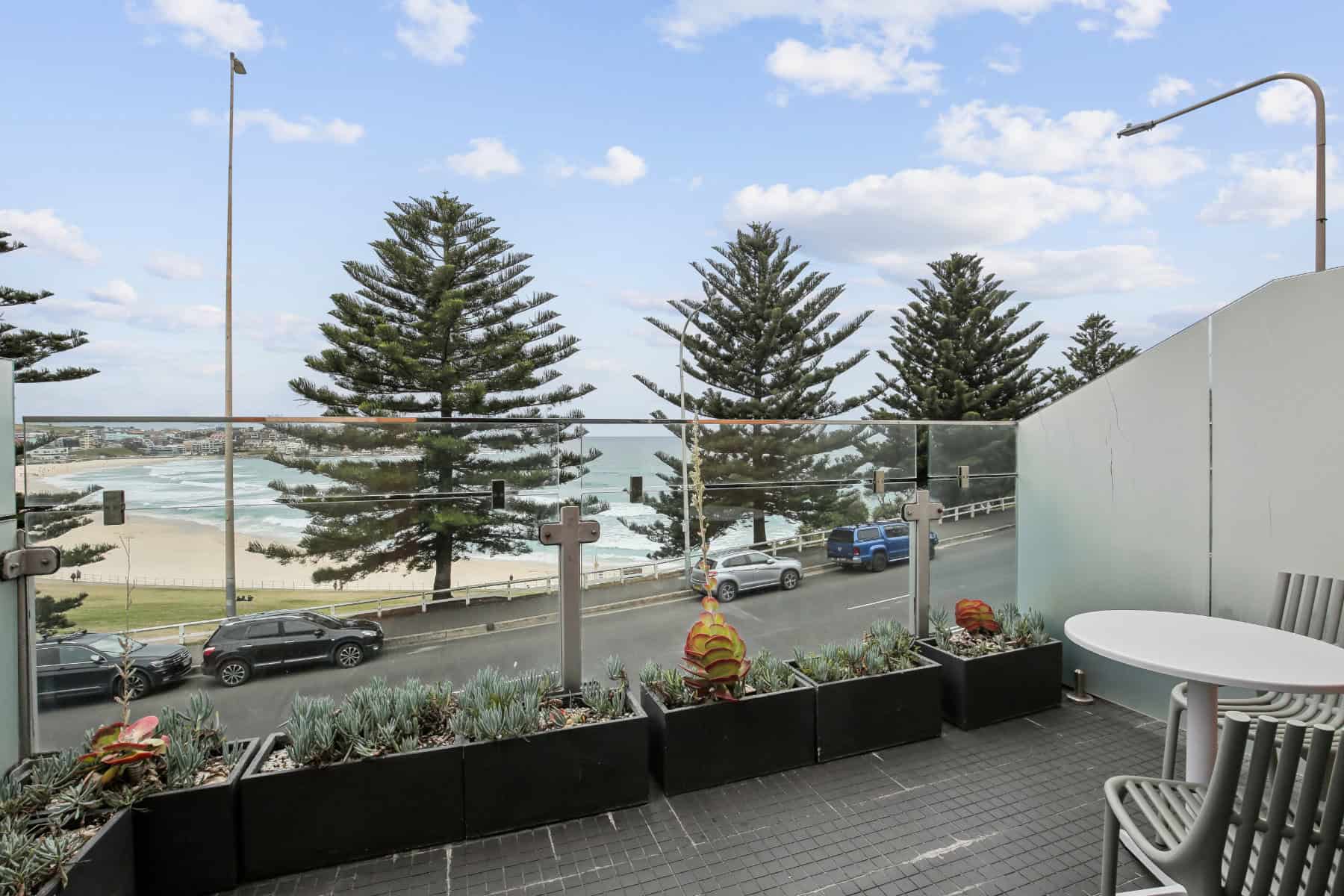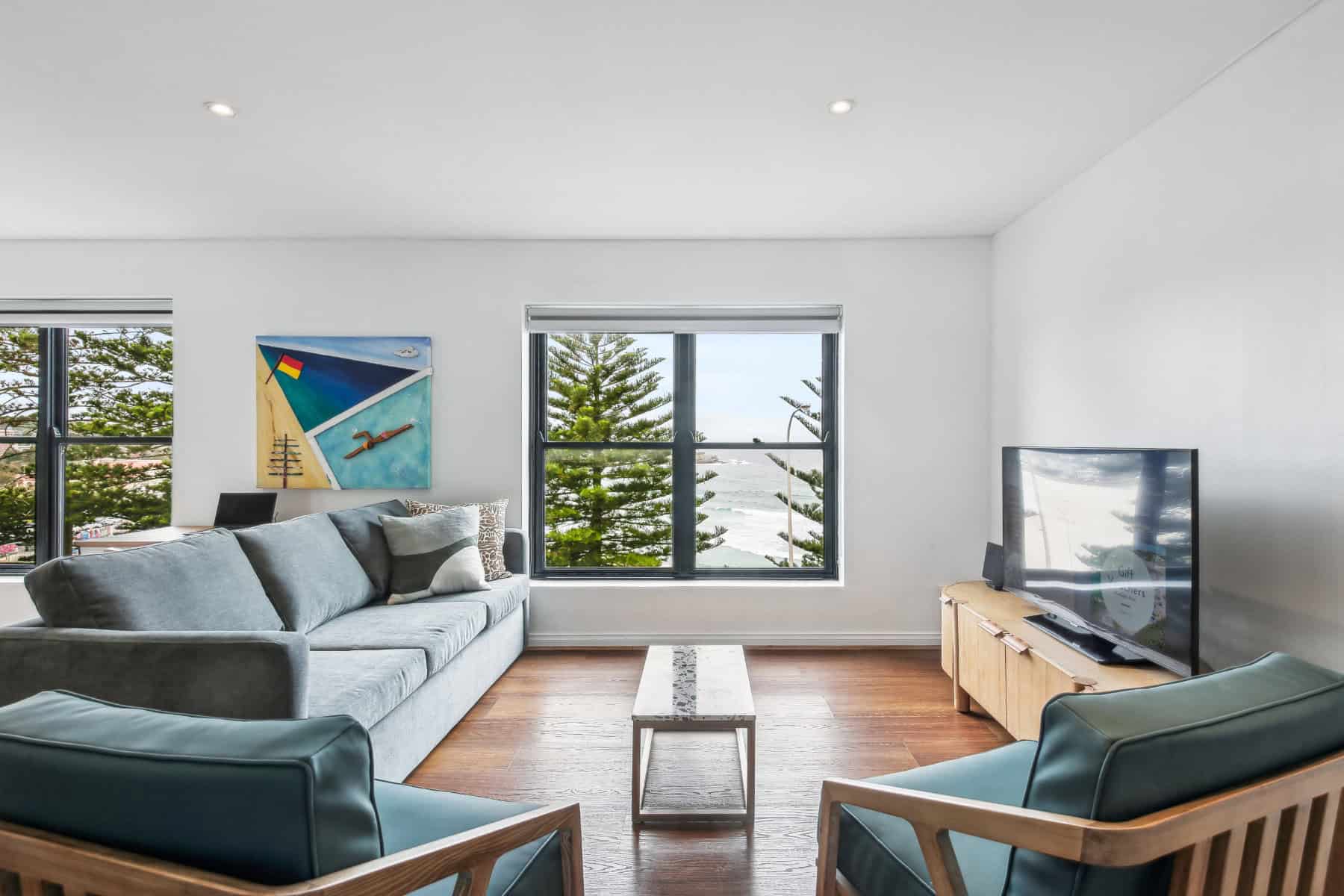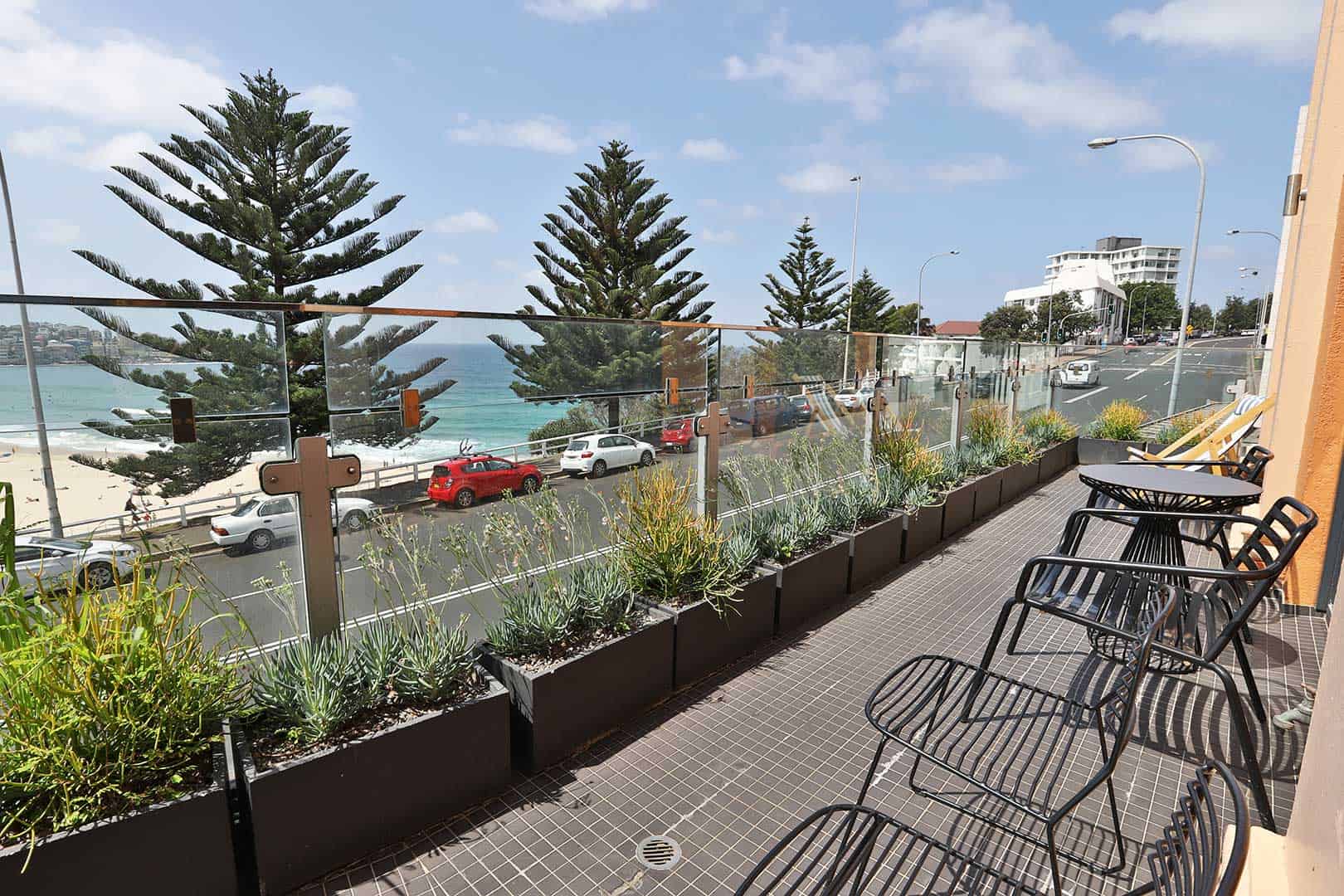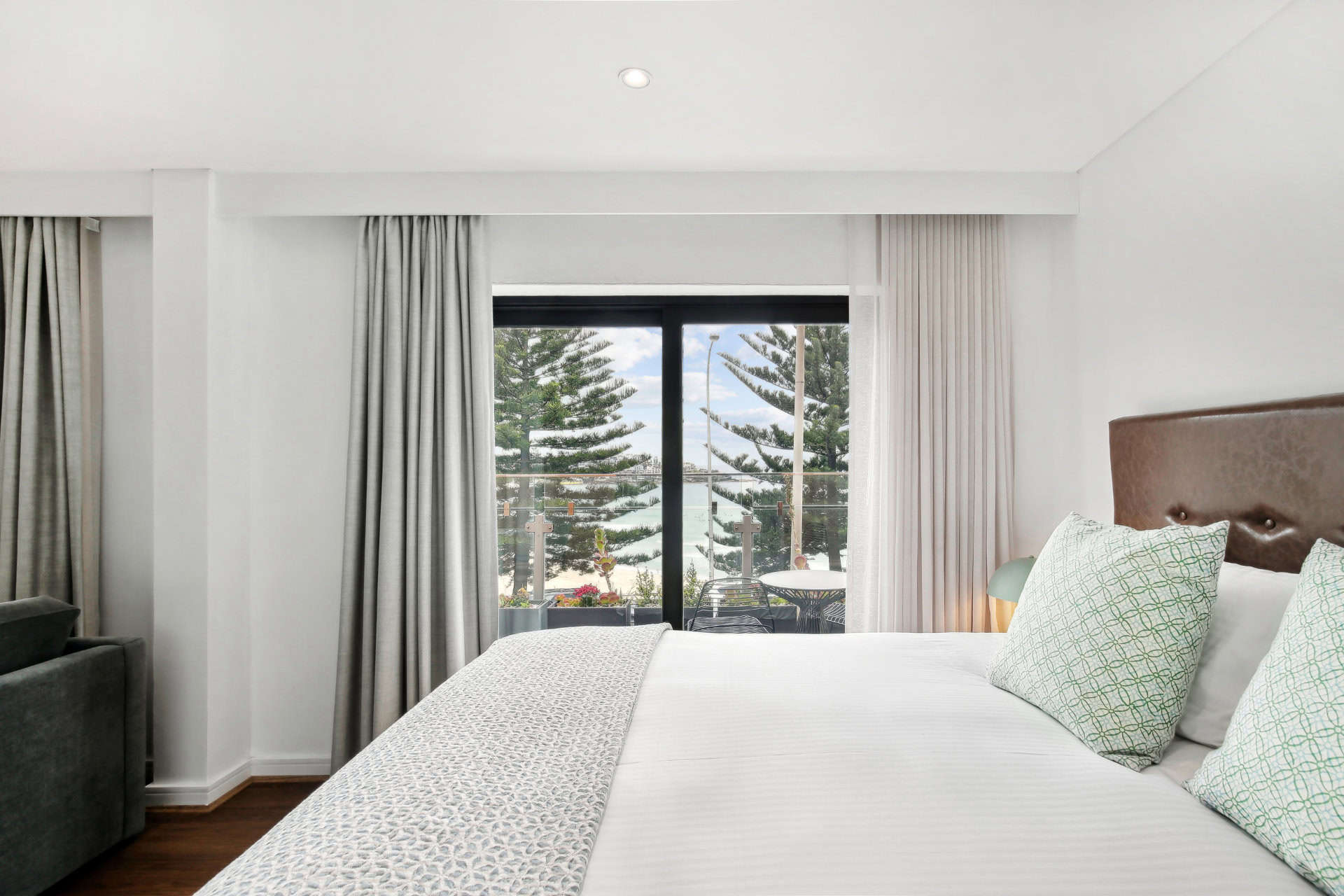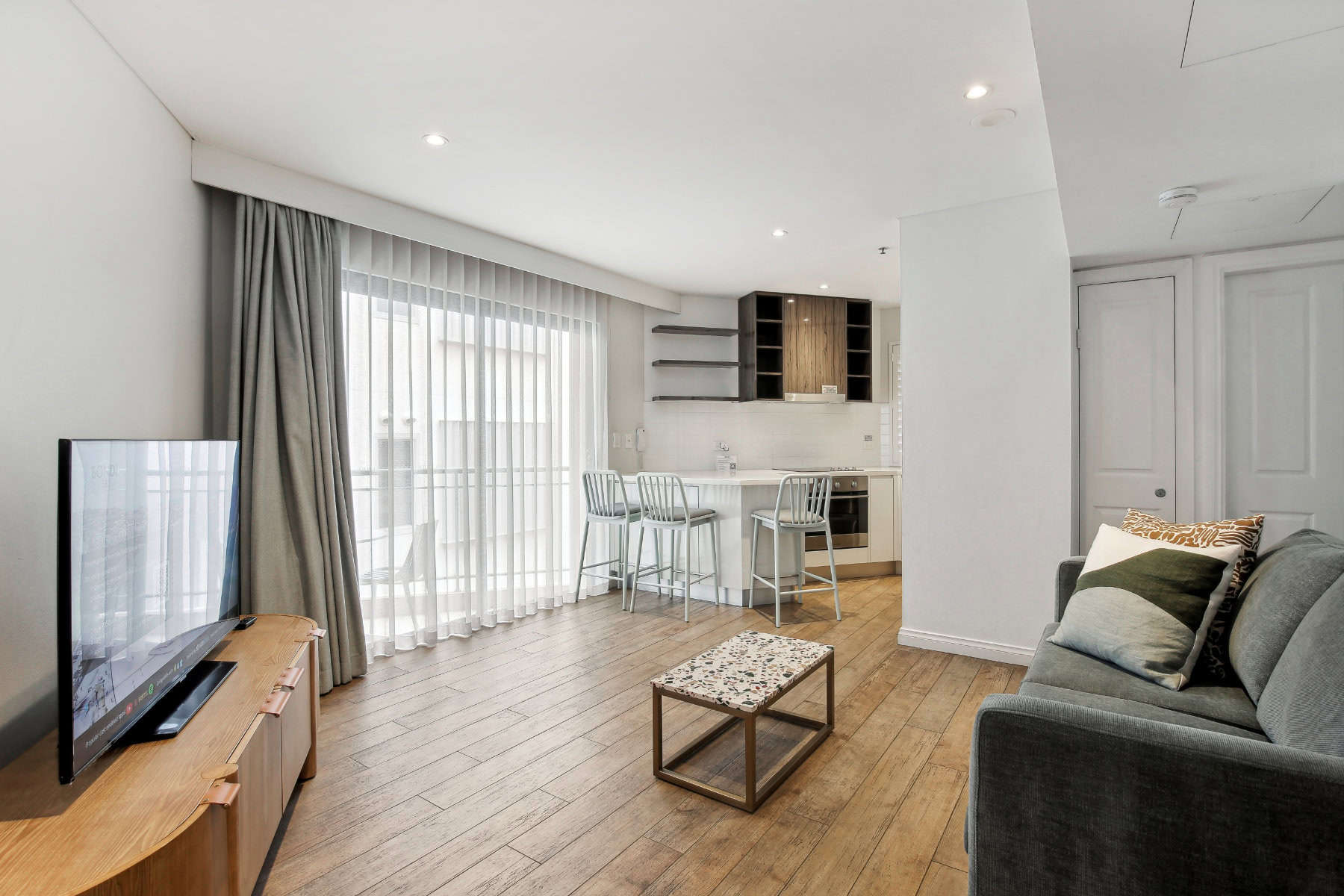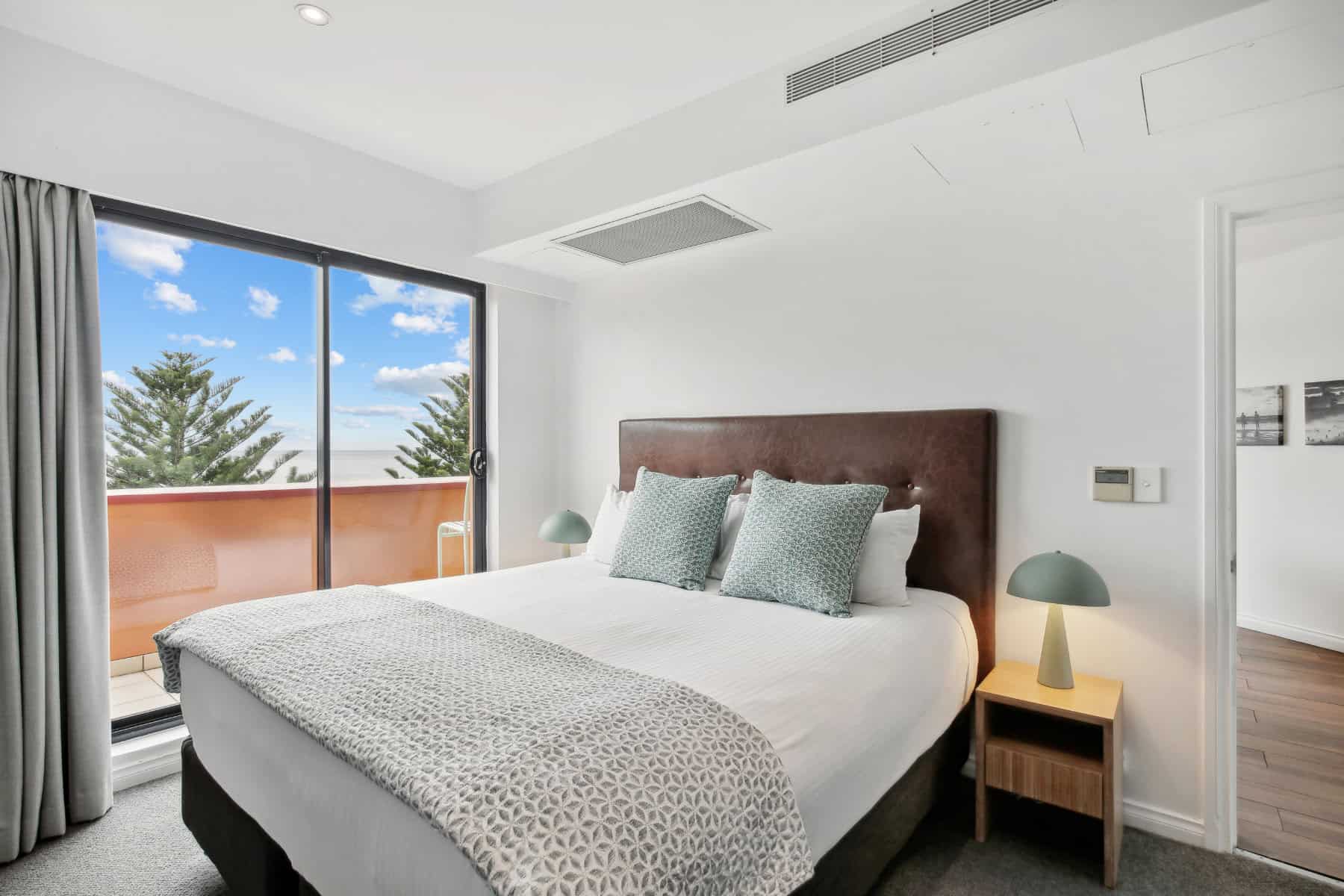When the coronavirus pandemic hit, the travel industry saw the highest level of impact due to the travel bans. The amount of hotel and serviced apartment bookings plummeted. There was no denying that these times posed an unprecedented challenge to the hospitality industry. With fewer people traveling, hotel and serviced apartment owners had to be creative in devising new strategies to entice more bookings and recoup the losses incurred due to the pandemic.
The Rise of Long Stay Deals
The concept of long-term stay is something that has been around for a while. But given the plummeting bookings as a direct result of the pandemic, hotels and serviced apartments had to adapt and innovate. In Sydney, and around Australia, hotels pivoted and began offering long-term stays to fill the void left by tourists!
This is not an entirely novel idea for a deal. After all, the hospitality industry does its best to lower vacancy rates by convincing guests to stay longer. Before the coronavirus pandemic, long term travel is highly avoided by many tourists. This is true with major tourist cities such as Sydney wherein the nightly cost of a hotel stay or a serviced apartment rate can be quite steep. That is no longer the case these days, though. With many hospitality businesses looking to build occupancy, they are offering long stay deals.
An extended stay in a serviced apartment becomes more appealing for travellers in this case. Since they are the preferred type of accommodation for long-term rentals, they will be able to carve out a niche once the health crisis is over. A serviced apartment already has things going for it to begin with – tourists love the idea of having their own kitchen, living space, and more spacious rooms (versus hotels). If you couple that with the opportunity to save on longer stays, then it will only be a matter of time until serviced apartments start recovering and filling up bookings.
However, this is not to say that the future looks bleak for hotels. There are many hotel operators in Sydney that are also offering long stay deals to invite occupants to book an extended stay. After all, hotels continue to have their niche market – professional or business travellers. By offering discounts and deals on longer stays, both types of accommodations are able to lower vacancy rate and keep customers happy. This is a win-win situation… or is it?

How Risky is this Strategy?
The biggest risk with offering long stay deals is that there might not be enough demand for it to help your business recover. Long stay deals are commonly offered for business or corporate travelers and those traveling with a group (or family).
While corporate travellers will continue to exist, the second group of travellers that you will target for this type of promotional strategy is going to be limited. Even when travel bans might be lifted, leisure travellers will continue to trickle in slowly and there won’t be a great deal of demand there.
Other Strategies to Help Hotels and Accommodations Recover
With Sydney facing the possibility of a stage 3 lockdown as it reaches its second wave, there are still a lot of questions surrounding the state of the hospitality industry in the region. This is uncommon for Sydney to be facing since this region is known as a popular tourist destination (in 2019, it had 4.1 million international tourist visits).
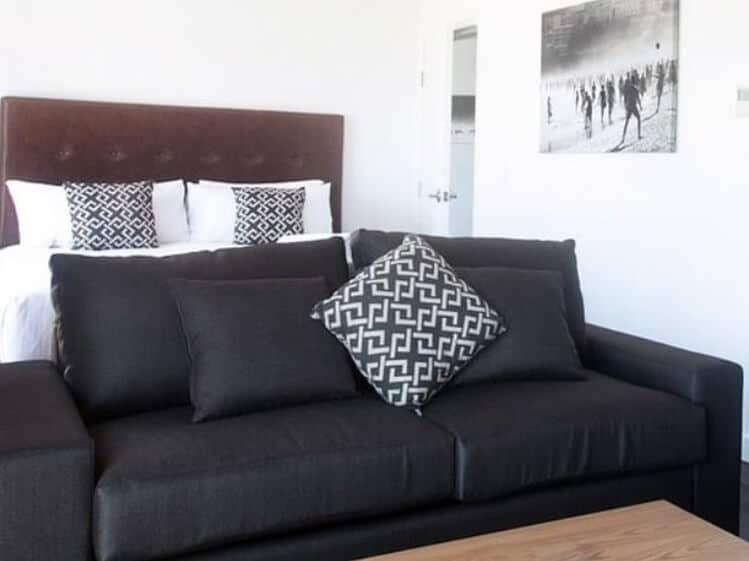
This makes it important for hotel and serviced apartment owners to think one step ahead. If you were to recover as you reopen in a post-pandemic world, you need to have good strategies in place. While long term stay deals are great to entice bookings, you cannot be one-dimensional in your approach. There are a few key strategies you can try to speed up recovery:
- Offering deep discounts for future stays – One of the best strategies you can employ to help your hotel or serviced apartment stay afloat is to offer deep discounts on future stays. Some hotels or apartments offer a ‘credit’ system wherein you can earn points that can later be converted into discounts when used. It is a smart strategy to ensure future bookings and to guarantee that you will have guests when you re-open.
- Relying on digital technology – The use of digital technology is no longer new in the hospitality industry. But in a post-covid19 age, you can rely on it even more as it facilitates a contactless way to manage bookings. You can use technology or apps to build relationships with your prospects or existing guests before and during their stay.
- Improve pricing management – The risk of trying to build up vacancy for your hotel is that you might go too low on room rates. Demand is not always in direct proportion with room rates – remember this. It is good to offer promos and discounts but you should never go too low. Look at your hotel positioning and how it can affect your brand negatively if you do so. Instead, focus on adding more value to the guest experience.
Did you know? Bondi 38 Apartments Featured by Global Travel Agency





